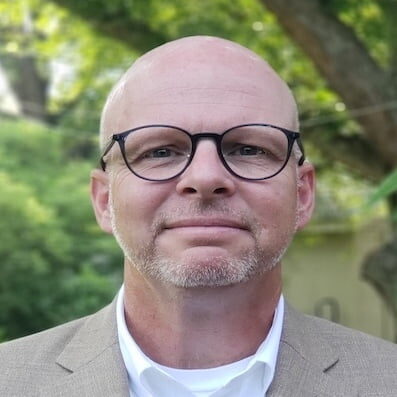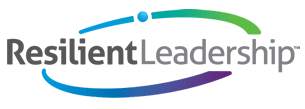
Curiosity Comes in Handy
Some of you may remember Hands Across America, a fundraising effort aimed at combating world poverty. It began on Memorial Day 1986 with the ambitious goal of forming a continuous human chain across America, with each participant donating $10 to the cause. While the fundraising goal and the aim for a continuous line fell short, millions participated, and millions of dollars were raised for this noble cause.
In their upcoming book, “Resilient Leadership 2.0 - Revised and Expanded Edition,” Bob Duggan and Bridgette Theurer dedicate an entire chapter to one topic: curiosity. The authors urge readers to consider their hands—a body part we seldom contemplate. Taking the time to be curious about the design and capabilities of one part of the human body can be insightful. This curious mindset can also be valuable when facing workplace challenges.
When encountering difficulties at work, our automatic response typically involves judgment and action. This response is unsurprising, as it’s ingrained in our evolutionary wiring. For instance, when a baby deer spots a coyote, it doesn’t adopt a curious mindset—that could be dangerous and be lunch for the coyote! Instead, the deer instinctively flees for survival. However, this “fight or flight” mindset rarely serves leaders well in the workplace.
In professional settings, when we encounter a difficult colleague or anticipate a tedious meeting, we often make instant judgments. Yet, heeding our brain’s warning of “Danger!” doesn’t benefit us or those we lead.
Instead, let’s embrace a more curious mindset—one designed to challenge our assumptions. Swapping the mindset of “The Judge” for “The Investigator,” we can pose questions like:
- “How can I better understand my colleague?”
- “During meetings, what do I observe in myself when others are speaking?”
- “What action can I take right now to view this interaction or meeting as a gift and an opportunity?”
Adopting a curious mindset helps us alleviate stress, respond more effectively to people and circumstances, and ultimately cultivate more innovative teams.

RL Trainer, John Moyer contributed to this article. As a 30+ year veteran of education, John has trained and coached both student and adult leaders. Through his work primarily in education, John has helped leaders of all ages discover that leadership is influence- which starts with the leader becoming a less anxious presence. You can reach John at: johnm@resilientleadershipdevelopment.com.
The RL Coach Certification virtual training program is designed to encourage attendees to explore new perspectives in their own professional and personal development. This is accomplished during the 18½ hour training that includes input from subject matter experts and peer sharing around practical application of the RL principles being presented. Participants who complete the full program earn 38 ICF Core Credits and 2 Resource Development Credits. Note: Completion of the RL Coach Certification Program fulfills the ICF annual professional development 40 credit requirement.

